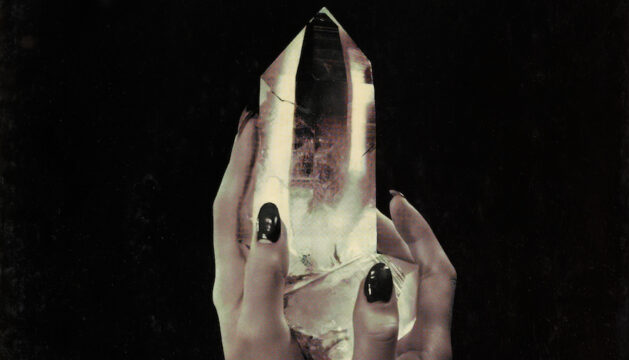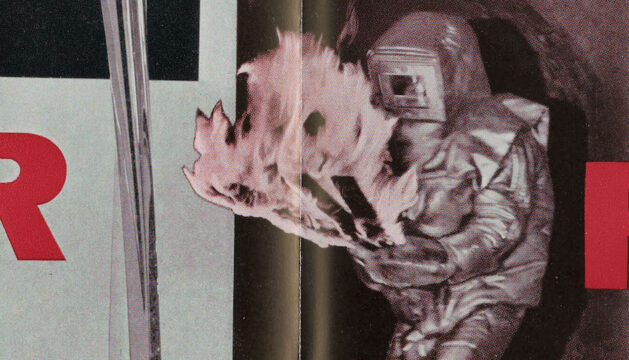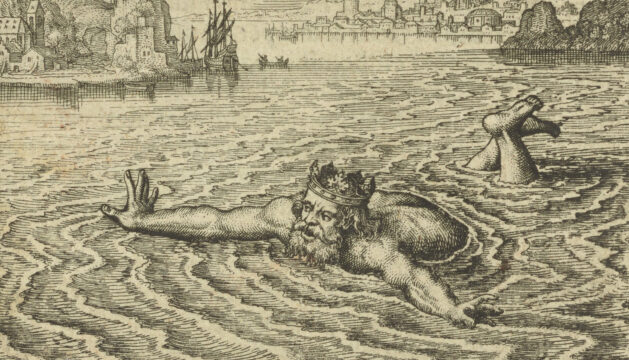STORIES
Our stories reveal science’s role in a complicated and often strange world.
At Distillations, we tap into the work of historians and other researchers to produce articles, podcasts, and videos. Whether you enjoy watching, reading, or listening to intriguing stories about science’s past, we’ve got you covered.
Other ways we tell stories
Check out our collections blog or browse our digital exhibitions for even more unique and compelling stories of science. Want to learn more about alchemy, the environment, or women in science? There’s a topic for that.
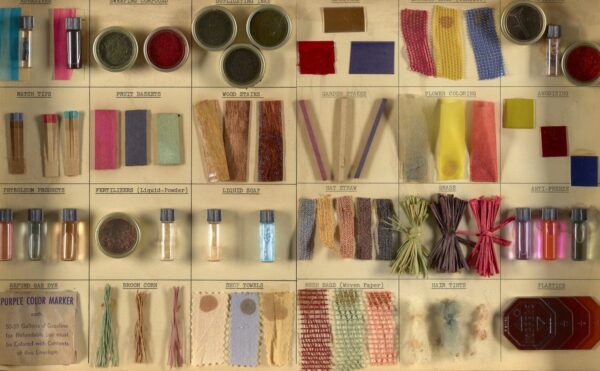
Collections Blog
Explore the Institute’s museum and library collections and the stories they tell about the history of science.
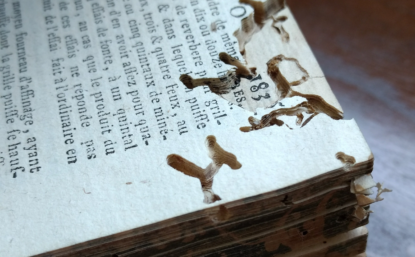
Digital Exhibitions
Available 24/7, our Google Arts & Culture online stories will take you into the archives, across our collections, and through history.

Stories by Topic
Explore articles, podcasts, videos, oral histories, books, and objects on women in science, health and medicine, food science, and other topics.

